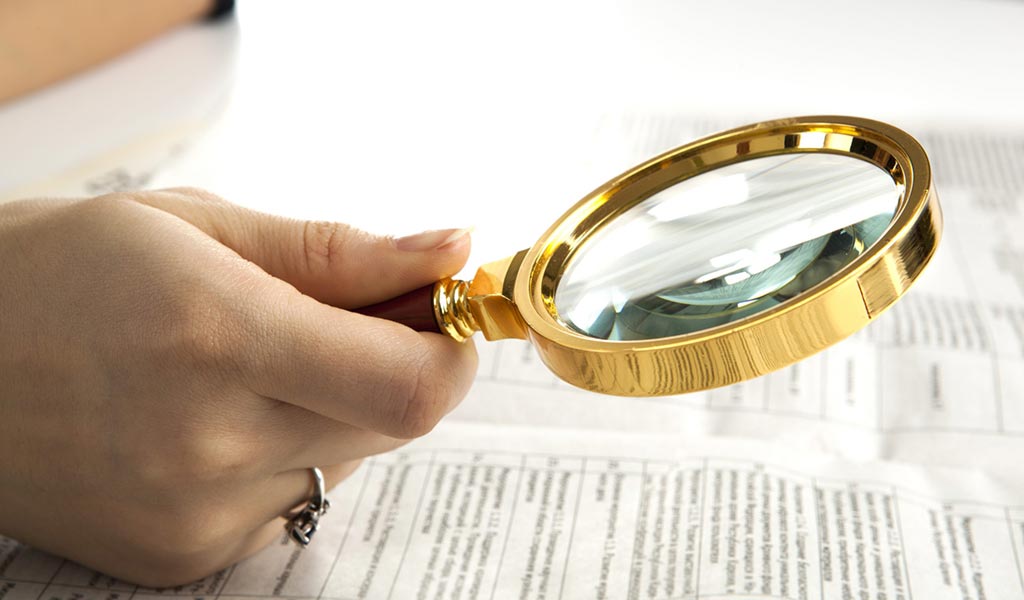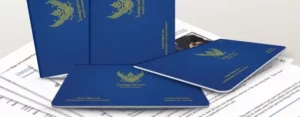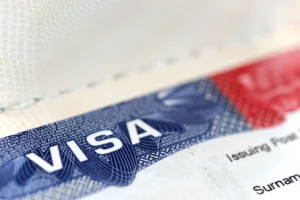In this article, we will look at the Legal aspects of Sale and Purchase Agreements in Thailand. Identify the parties involved, the total purchase price, and the closing costs. We will also examine the drafting process. The final contract is a legal document that must be reviewed by both parties before it is signed. In Thailand, the contract must be signed by both parties. The parties must ensure that all information is accurate and up to date, as errors in the contract can lead to legal issues in the future. Make sure that all information on the property matches with the title deed and the sale contract. This includes any environmental or government permits that may be necessary.
Legal aspects of a sale and purchase agreement in Thailand
Before you purchase a property in Thailand, it is imperative to prepare a sale and purchase contract. It should outline the rights, duties and responsibilities of the seller and buyer. Each of these elements has legal implications, and must be recognized by the courts. The sale and purchase contract should be carefully reviewed by both parties and be as comprehensive as possible. Here are some tips to avoid legal problems after you’ve transferred ownership.
Identifying the parties
Before signing a contract for buying property in Thailand, it’s important to understand what’s included in a sales contract. A contract can include basic rights and obligations of the buyer and seller. Nonetheless, there are ways to protect your interests and avoid potential problems. Here are some tips to keep in mind when reviewing a contract:
Identifying the total purchase price
If you’re buying a property in Thailand, it’s important to know the nuances of sale and purchase agreements. You should always speak with a qualified attorney to review the contract before you sign it. Even if the contract sounds too good to be true, there’s always room for negotiation. It’s important to consider both the interests of the buyer and seller, as well as the legal implications of any clauses you find in the contract.
Identifying the closing costs
In Thailand, the closing costs of a sale and purchase agreement are generally known as the purchase price, including taxes and any other fees that may be payable to the seller. The closing costs also include payment terms, such as when payment is due and how the buyer and seller will record the receipt of the money. These terms should also specify what will happen if a payment is late. Sometimes, the buyer will be required to pay the initial deposit in cash at the time of signing the sale and purchase agreement.
Identifying the payment schedule
The first step in identifying the payment schedule in a sale and purchase agreement in Thailand is to make sure the parties have understood exactly what is being agreed to. In Thailand, it is common for buyers to pay the developer directly and this weakens the buyer’s position in the legal proceedings and also increases the financial risk. In Thailand, the escrow business act 2008 governs the payment schedule for a sale and purchase agreement.




